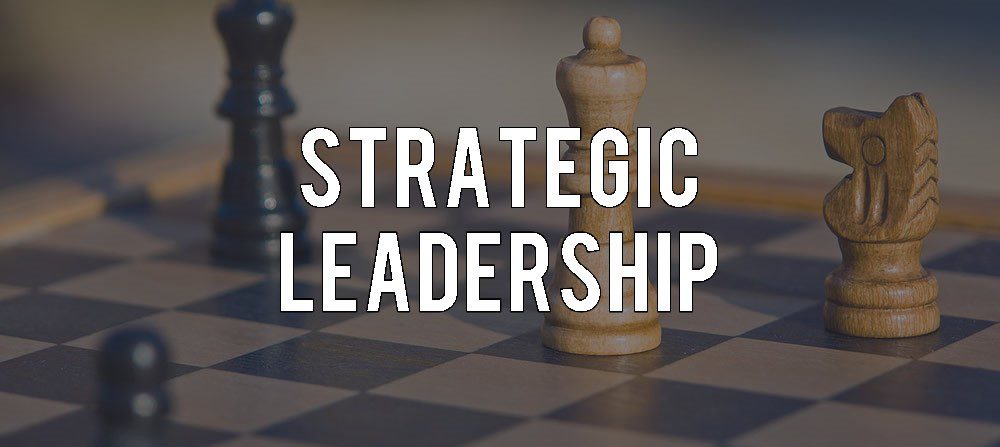As you face decisions and difficulties in your leadership, you begin to think through what you believe and why you believe it. As time goes on, those beliefs are shaped into a ministry philosophy by which you begin to lead. Then without having to think it all through again, you live and lead from this foundation. Every leader has values; it’s just that some leaders haven’t clearly identified them or taken the time to process them thoroughly yet.
The following letter is my ministry philosophy consisting of seven major values with a list of principles below each one. This is not an exhaustive list at all but gives a taste of what each leadership value means to me. If you have attended an LDC you will recognize these values as we articulated them through the teaching and training over the six-week course. I hope you enjoy reading them. Perhaps there will be half a dozen sentences that jump off the page at you and say – “I want more of your attention!” I would be very happy if you do just that and give some more time to thinking how that principle can become a value for you.

Self leadership: lead from personal conviction, example and experience
- Evaluated experience is the best teacher, so sit at its feet.
- You are a living curriculum read by all. How is your student success rate?
- Values are principles made personal (or corporate).
- Effective leaders excel in self leadership.
- In order to finish well, we need to start now.
- If I can’t lead myself, I am not qualified to lead others.
- The pillars holding up a ministry are made of integrity.
- Take care not to take on roles beyond your character.
- Every personal, relational and ministry role requires intentionality. Growth doesn’t take place by default.

Servant leadership: lead with the interest of others as priority
- Lead with a developmental bias, so people are being trained and developed no matter what roles they are fulfilling.
- During the first four minutes of a meeting, people will know if they are welcomed and valued.
- Give honor and value to every individual by what you say, how you say it and how you treat them.
- Hospitality is making people feel at home when you wish they were.
- Think about people’s needs as they join you, work with you, and leave you.
- We give value to people as we listen and offer appropriate help.

Shared leadership: lead with others according to gifting and anointing
- Why lead alone when you can lead with two or more and experience synergy?
- Where there’s a team, it needs process, but where there is crisis, it needs a very quick process!
- A high percentage of conflicts have personality issues at their root. Take time to understand each other to limit the obstacles of personality.
- A team leader understands the strategy and roles needed to fulfil the task, the relational dynamics to equip the team and the specific needs in order to care for individuals.
- Any team requires apostolic, prophetic, pastoral and operational gifts working together to be effective and fruitful.
- A leadership team is a small community that when functioning well overflows into the larger community with vision, values and life.

Spiritual leadership: lead on the basis of the Word of the Lord
- Leaders have hope that is contagious.
- A secure leader makes room for the whistle-blower as he or she knows that both loyalty and truth are needed.
- If you don’t know what to do, you know what to do – pray.
- Live and lead by the Word of the Lord.
- Before the next natural step, take a spiritual one.
- Once you’ve prayerfully prepared your agenda and teaching, ask the Lord what He wants to do in the meeting and do exactly that.
- What’s the spiritual application in every worship time, teaching time, teachable moment, team activity and leisure time?

Strategic leadership: lead with the end in mind
- Make dreams come true through prayer, plans and processes.
- Goals paint a clear picture of the future with specific steps to get there.
- Those with apostolic vision, who start moving forward, lead.
- We live in a boom or bust culture. When there is a visionary leader, we boom; when they leave, we bust unless we have trained a successor!
- Transition to new vision while the present vision still has life.
- You can’t wait for the late adopters before implementing the vision but you can communicate with all the enthusiasm you can muster.

Structural leadership: lead by establishing a clear framework
- Don’t get into either/or thinking; look for the 3rd, 4th and 5th possibility.
- If people are willing to take responsibility without authority, it’s usually safe to give them some authority as well.
- When you delegate a task or role, give responsibility along with the authority needed but remember it’s easier to expand authority than limit it.
- Never replace discipleship with rules. When communities are run by policies and procedures they are breathing their last breath.
- Serve people with as much information as needed, as quickly and well organized as possible.
- Every role (without development) has an expiration date (usually not much more than 10 years).

Sensorial leadership: lead by creating an environment
- We remember a growing percentage of what we hear, of what we see and of what we do or experience, so let’s maximize the memory of our audience by serving them with their best environment for learning.
- How people learn and grow should affect how we teach and lead.
- If a picture is worth a thousand words, why don’t we use more?
- Before speaking for an hour, think how your audience can participate; that will make your time with them memorable.
- One idea simply stated, clearly illustrated, visually stimulated, physically demonstrated and spiritually activated.
- People may not remember what you said or did but they will remember how you made them feel.





